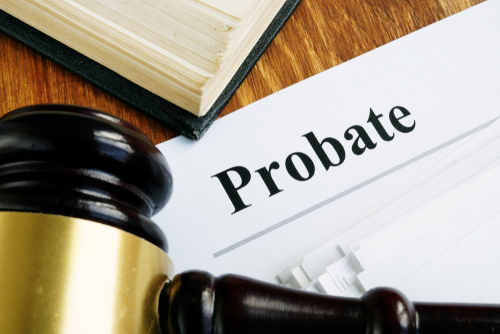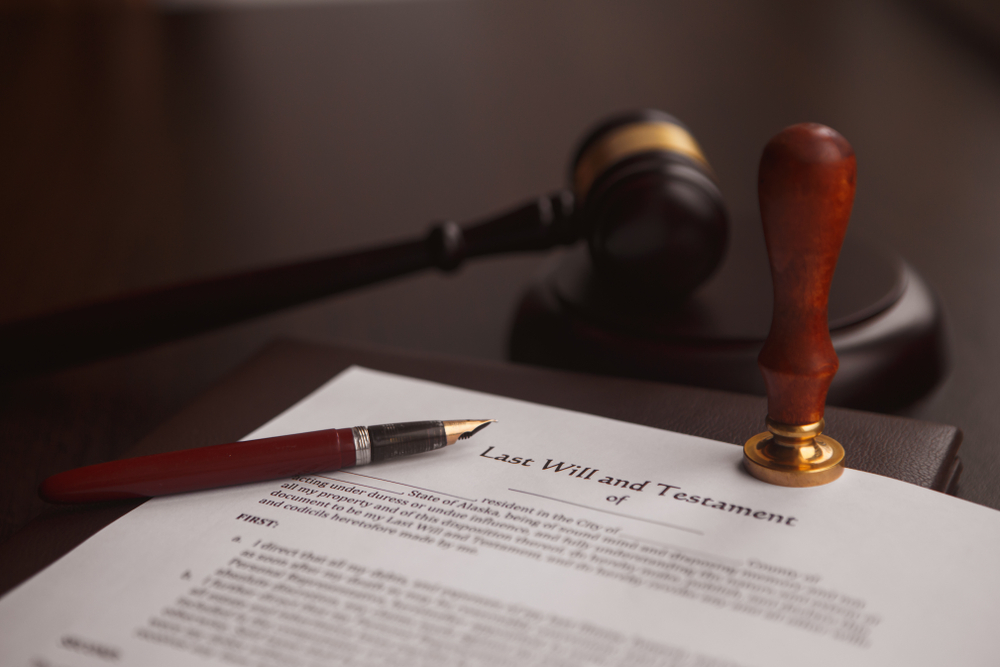Imagine you have been named the executor for your grandmother’s Last Will and Testament. She names you and several of your cousins as her beneficiaries.
You happily accepted this role, but you have a problem. You haven’t talked to two of your cousins in over a decade. You have no idea how to reach them.
Another similar scenario could occur with a Trust. Suppose you are the trustee for your grandmother’s trust, and the unreachable cousins are benefactors.
What are your fiduciary responsibilities?
As a fiduciary (executor or trustee), you have an obligation to use reasonable diligence to locate your missing cousins.
The question is, what is reasonable? The answer depends on the circumstances.
How much effort have you put into locating your missing cousins, and how much money and property do they stand to inherit?
Have you:
- Called their last known phone number
- Sent a notice of the estate or trust administration to their last known address
- Contacted their family members and friends
- Searched social media and people-search sites on the internet
- Published a notification in the newspaper
- Checked property records
- Searched public records, online databases, and government websites
Try these steps no matter the size of the estate or trust.
Suppose your cousins’ inheritance is very small. In that case, your grandmother will probably not want you spending a lot of the estate or trust’s money trying to locate your cousins.
However, if the property value is much higher, you will probably be expected to take additional steps to satisfy the reasonable diligence requirement.
Heir Search Services to Locate Lost Beneficiaries
The Heir search services employ forensic genealogists and estate investigators to search extensively for missing beneficiaries.
They often have access to more public records such as birth, marriage, death certificates, adoption records, and genealogical databases and know how to search through them effectively.
Once they find the beneficiaries, they can also assist with verifying their identity.
This can help prevent scammers from taking advantage of a fiduciary’s ignorance and ensure that you make distributions to the correct beneficiary.
If the heir search services cannot find your cousins, you could petition the probate court to make a preliminary distribution of money and property to the beneficiaries you have located.
The court will probably order that your cousins’ inheritance be held in trust for a certain period. This period is determined by state law and gives the missing beneficiaries time to learn of their inheritance and claim it.
You may also need to obtain indemnity insurance to protect yourself in case your cousins come forward in the future and make a claim on your grandmother’s estate after it has been distributed.
Work with an Attorney
You may feel caught in the middle if you are ever in this situation. On the one hand, you understand that your cousins have a right to their inheritance, and you have a responsibility to find them.
On the other hand, the other beneficiaries are clamoring for their money and property.
To protect your interests as a fiduciary, it may be in your best interests to hire a legal professional with experience dealing with the demands of impatient beneficiaries when distributing a will or trust is more complex than expected.
Your estate attorney can also petition the court to allow for a preliminary distribution of your grandmother’s estate if your cousins cannot be located.
They will understand the state’s laws and procedures, making the process much quicker and giving you confidence that you are doing everything possible to fairly distribute the assets from your grandmother’s estate.
As executor or trustee, you have a legal obligation to locate beneficiaries and make distributions to them following the instructions in the will or trust.
When a beneficiary cannot be located, the fiduciary must demonstrate they were diligent in their efforts to find them.
We have the expertise and resources to help you navigate this situation.
Contact us to learn how we can help you craft your own estate plans and help you navigate your role as executor or trustee.
If you have questions schedule a call with us at 855.631.3457 to learn more about how to protect those most important to you.








